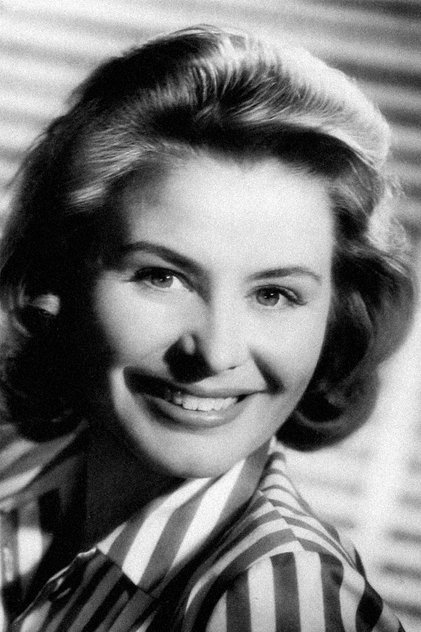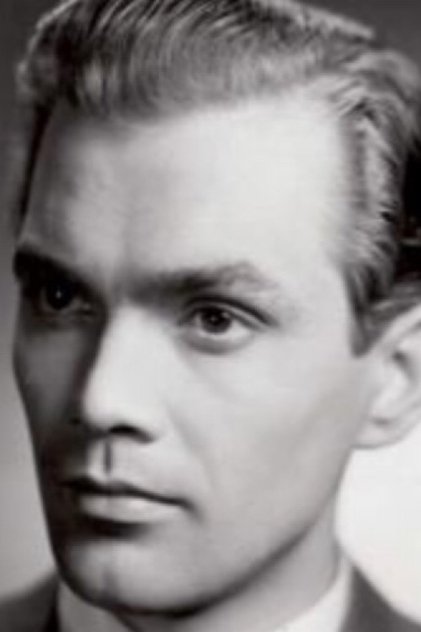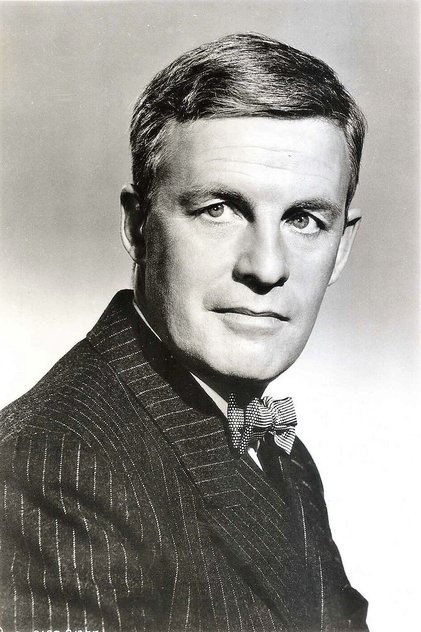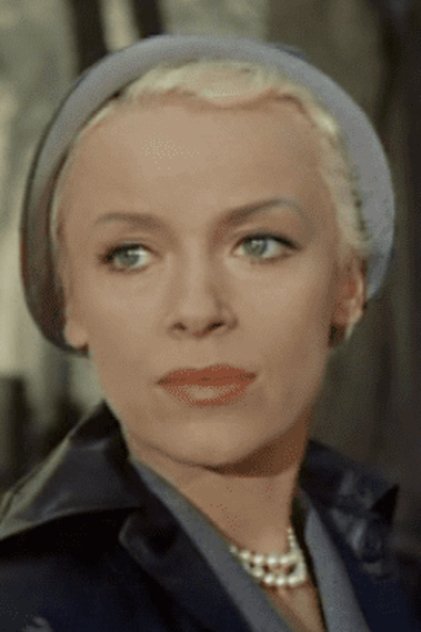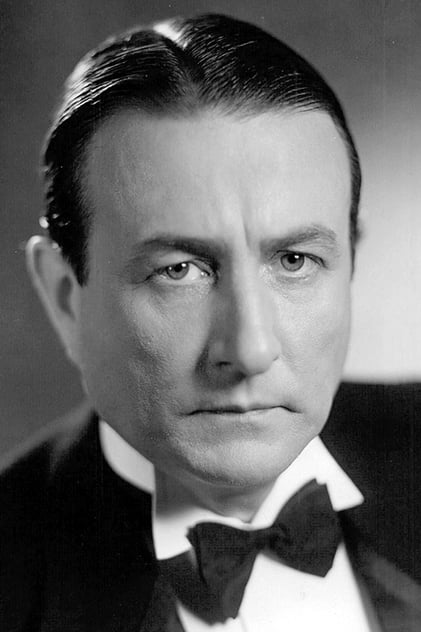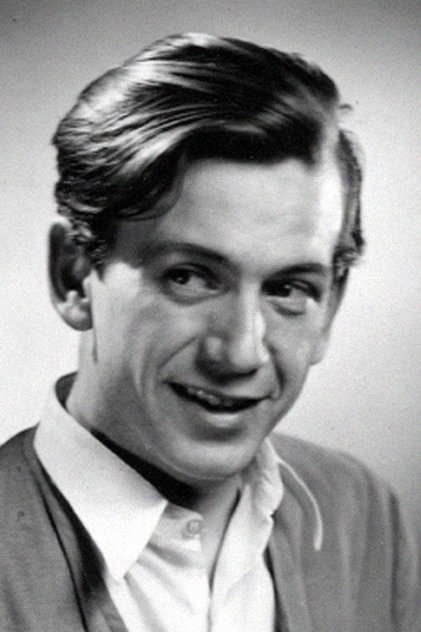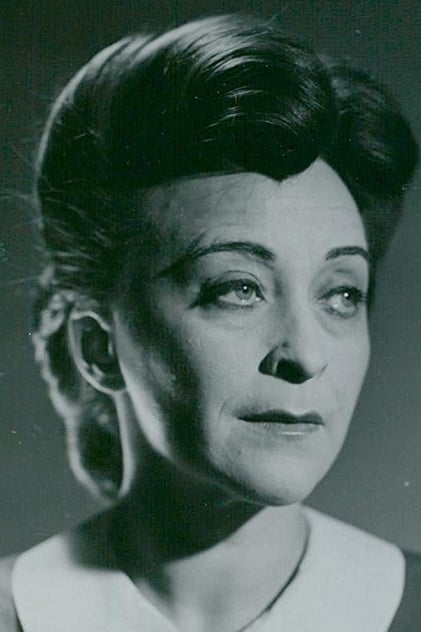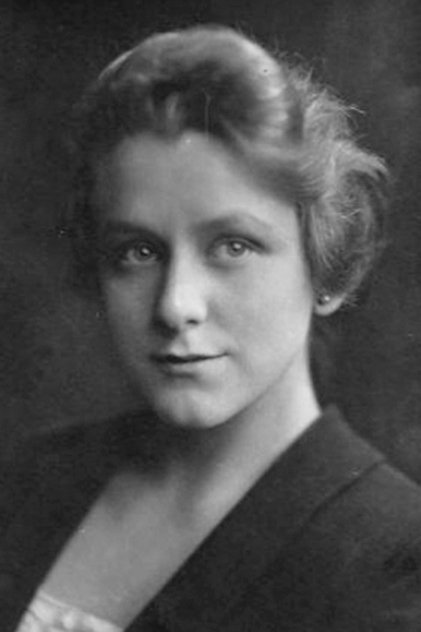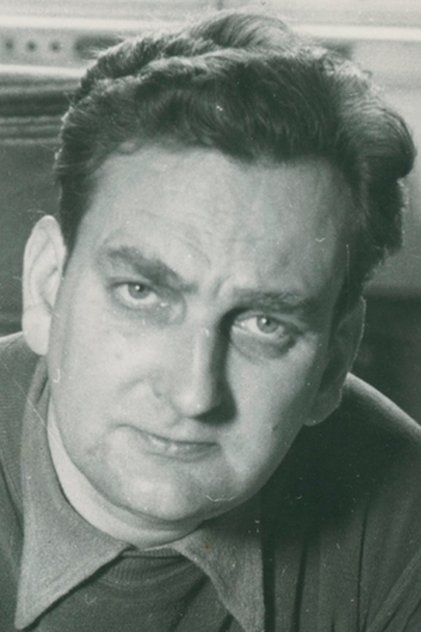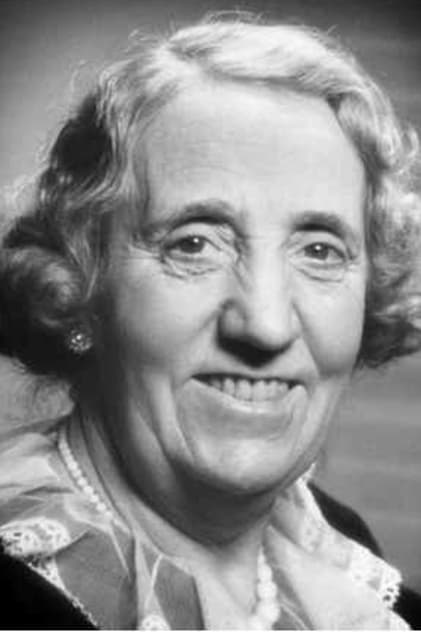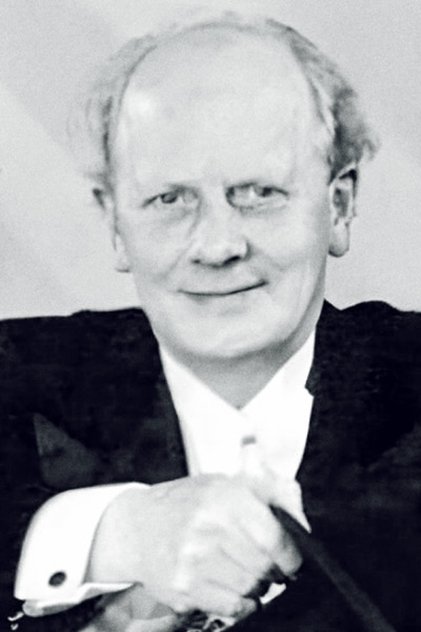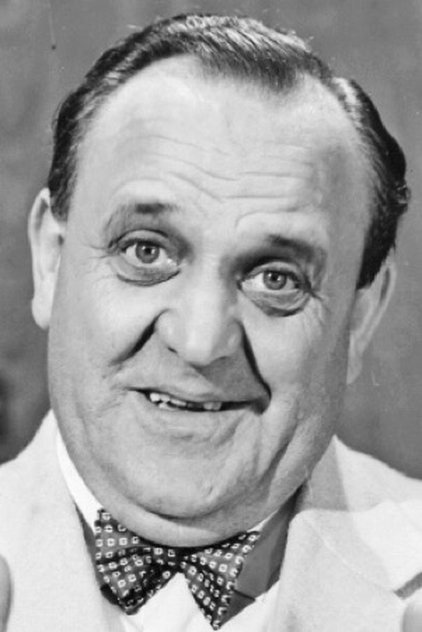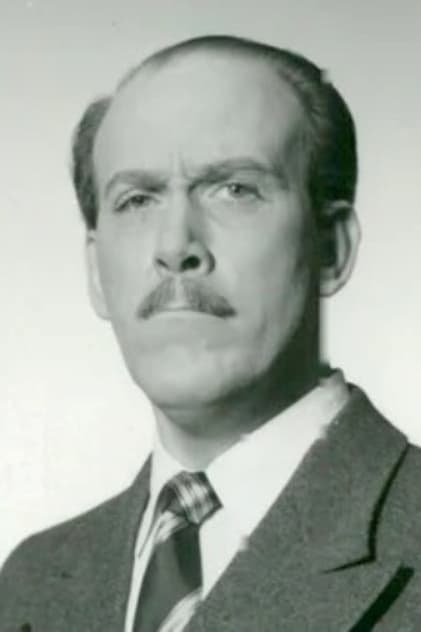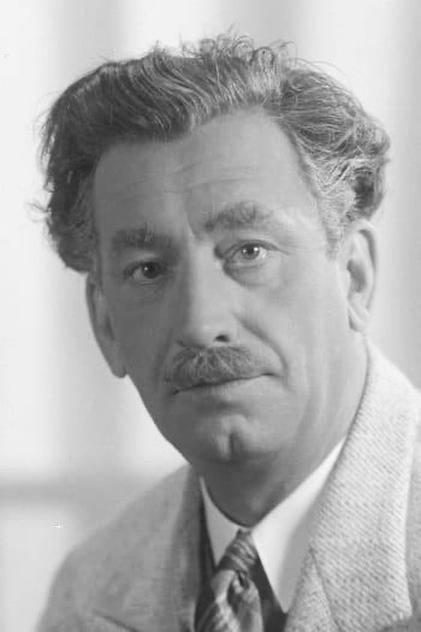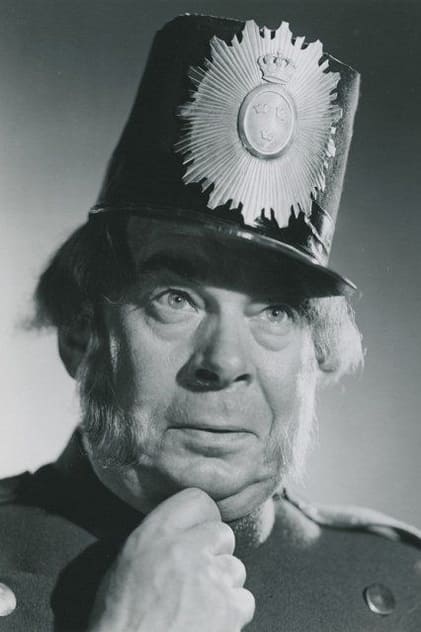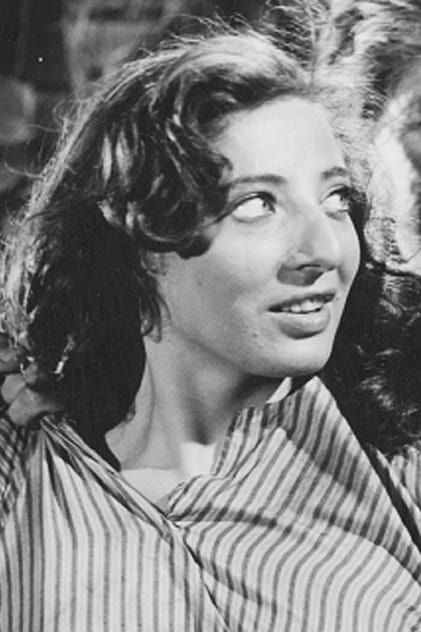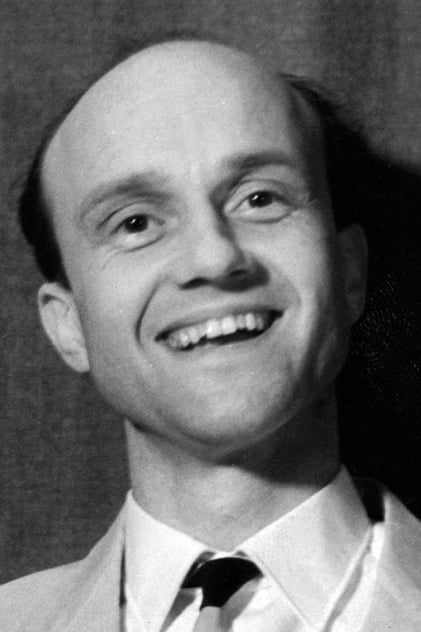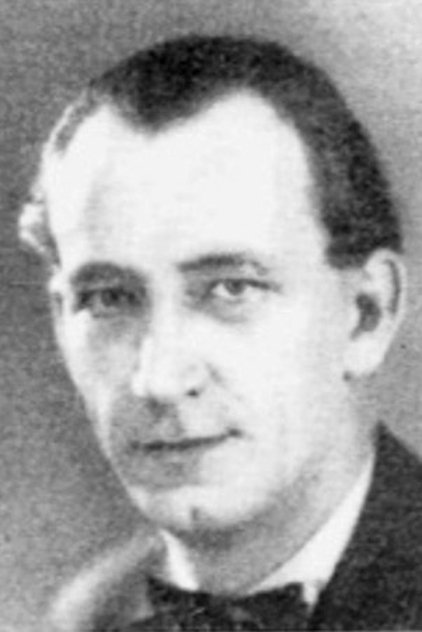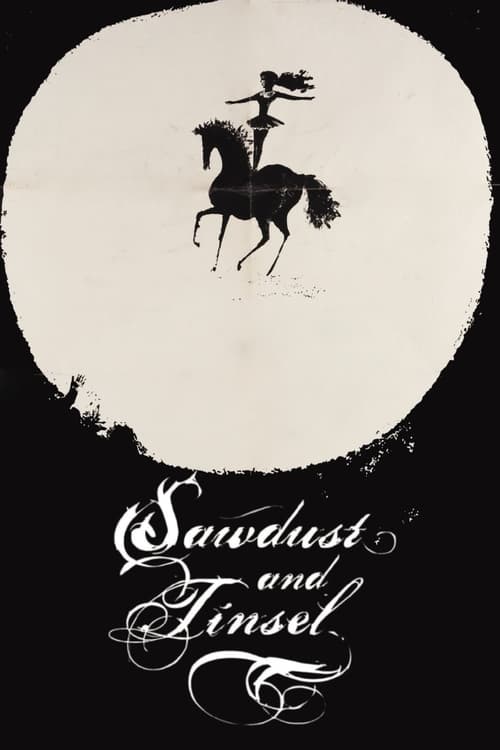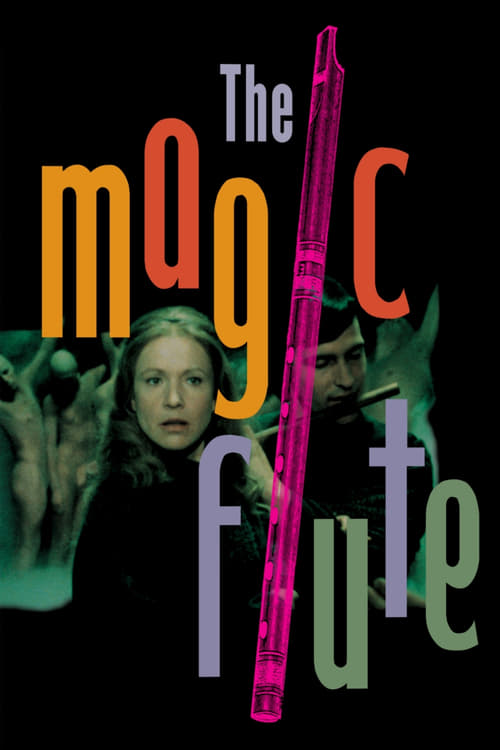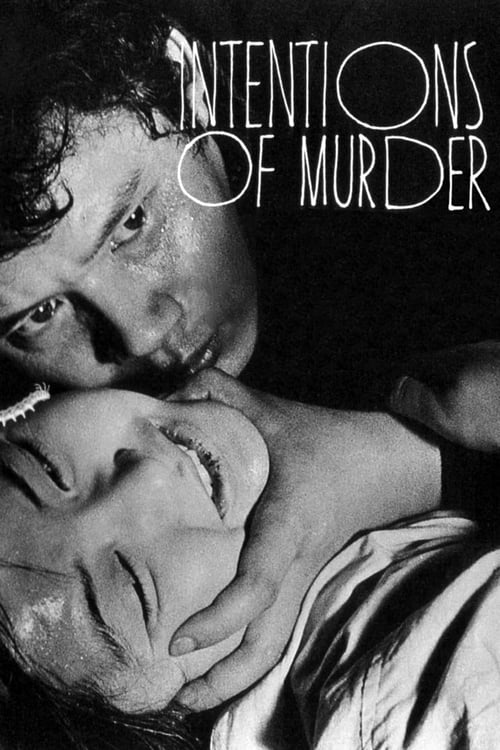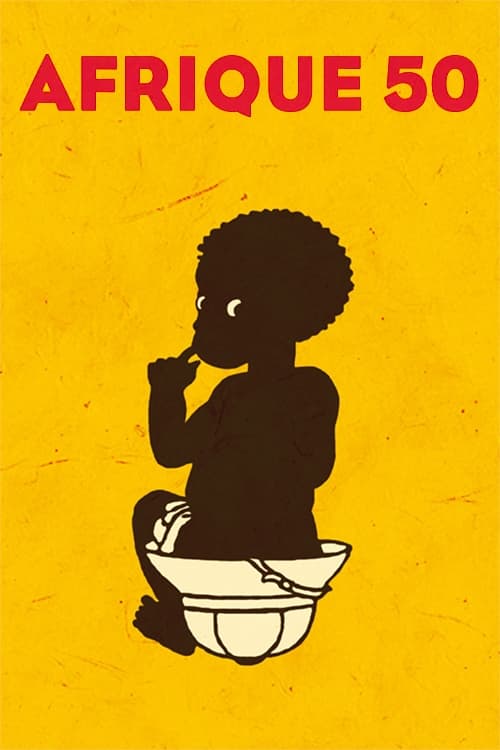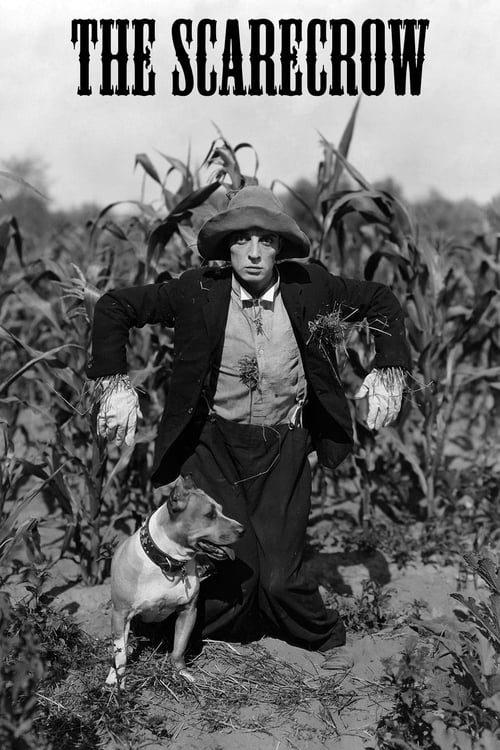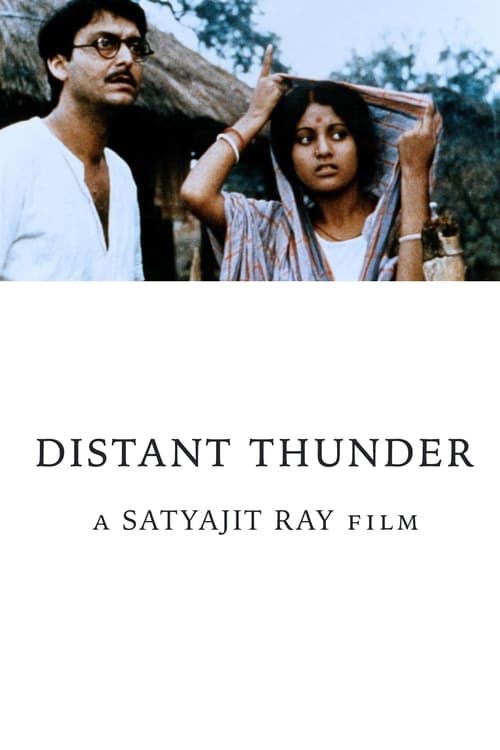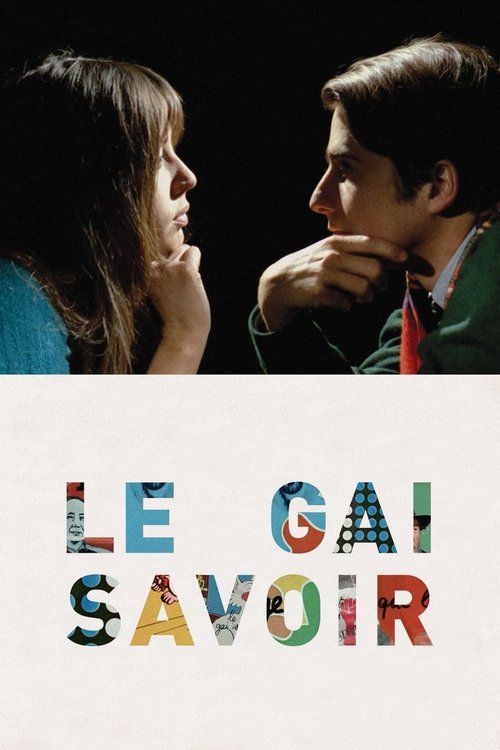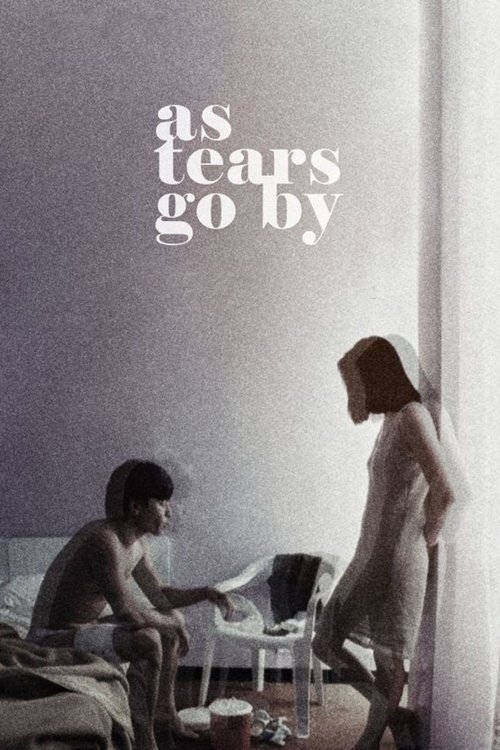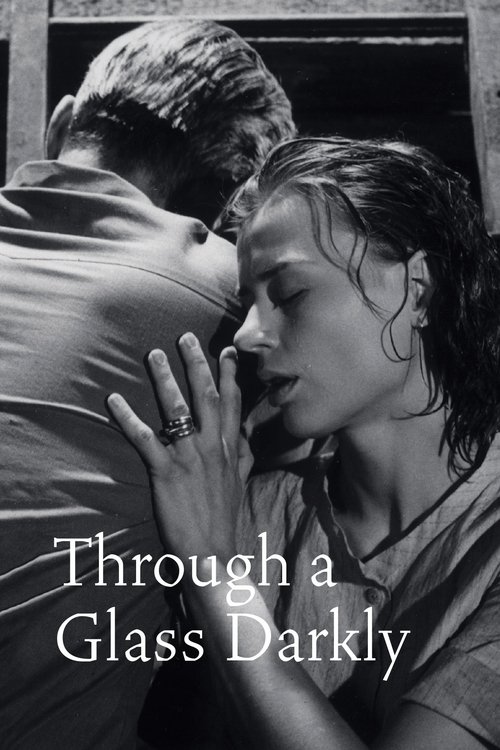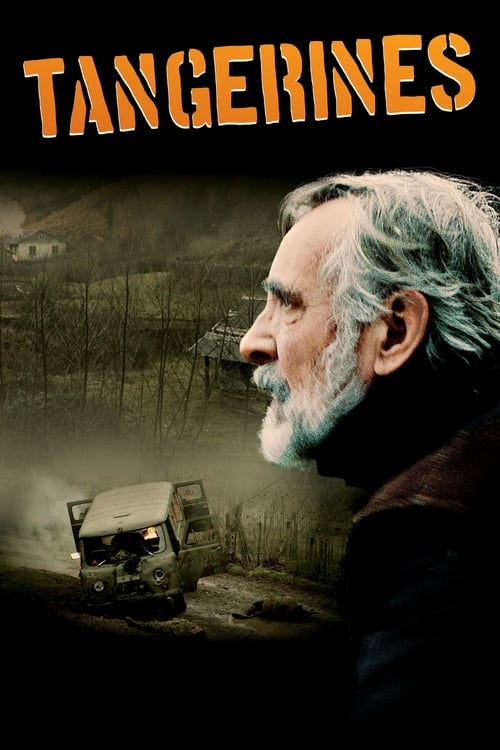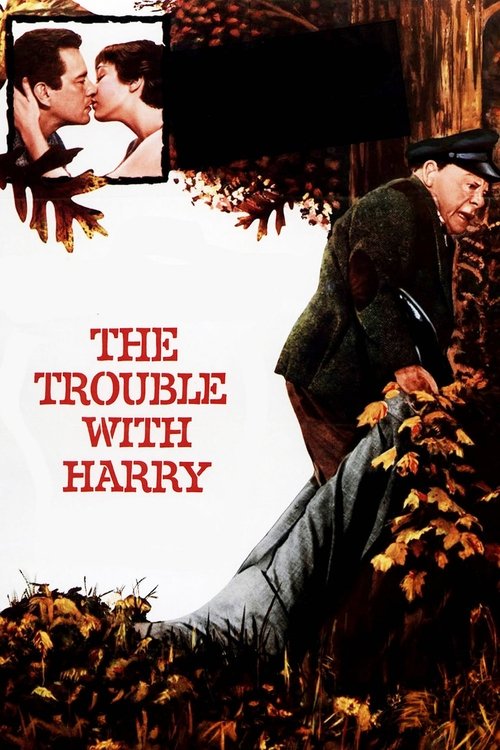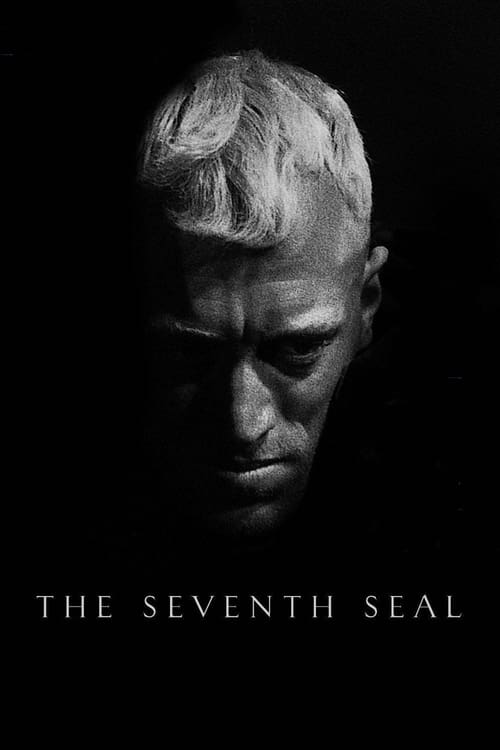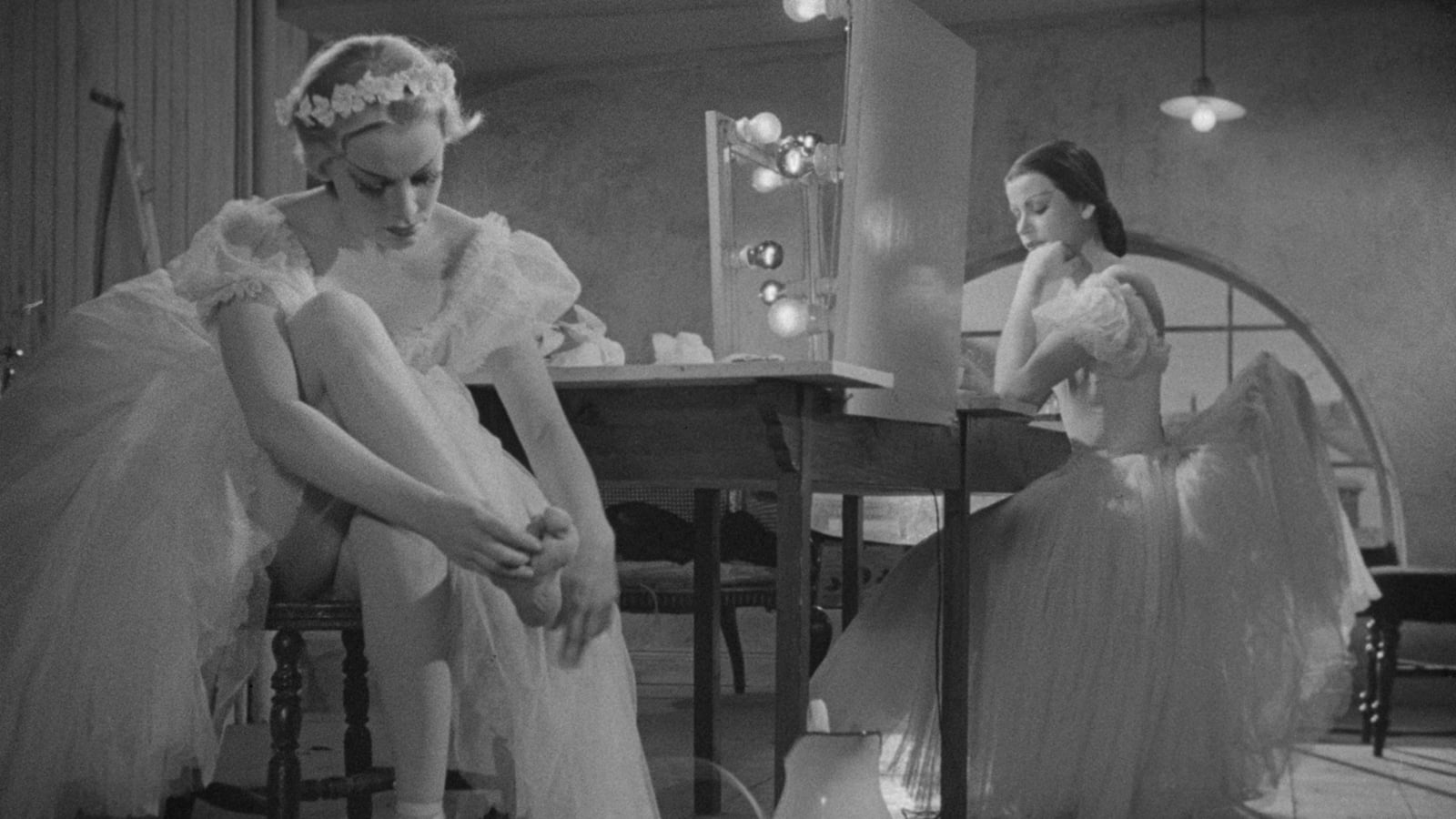

1951
·96m
Summer Interlude
Summary
A jaded prima ballerina reminisces about her first love affair after she is unexpectedly sent her lover's old diary.
Reviews
CRCulver
June 1, 2018
For those who first discovered Ingmar Bergman's work through the internationally acclaimed masterpieces of the late 1950s, there can be a reluctance to go too far back in time before that. After all, weren't the Swedish director's earliest films journeyman efforts where he did not have much control over the filmmaking process, and he had not yet found his distinct style? I, at any rate, get a feeling like this from his 1952 picture "Summer with Monika". I was delighted however, to find that the even earlier "Summer Interlude" to be a strong film. While shot in 1950, it fully anticipates Bergman's mature career.
As the film opens we are introduced to Marie (Maj-Britt Nilsson), a successful ballerina in Stockholm who is however visibly unsatisfied and emotionally distant from those around her. As she takes a ferry out to the Stockholm archipelago, the film switches into flashback mode and we learn the whole story of what made her what she is. Thirteen years before, while still a student and on summer holiday at the family cottage, she had a brief fling with Henrik (Birger Malmsten). This was a romantic -- and very nearly sexual -- awakening for them both, and Bergman depicts it with all the wistfulness of an adult looking back on the heady days of youth, just like the film's protagonist. Yet summer does not last forever, and events move in a direction that prevents the two from staying together.
As I said, this is already mature Bergman in some of its concerns: belief in God and dissatisfaction at God's silence, interpersonal relationships and the feeling that people wear a mask when dealing with others, and of course the fleeting nature of the bright and warm Nordic summer. I will not however call this one of Bergman's very greatest films. The ending, after we return to the present day from the flashback, feels wrong somehow, the rhythm suddenly jarring and Bergman's point inchoate.
Yet overall this is a satisfying picture to sit through, and there are many details to appreciate. Nilsson's acting is ultra-coquettish, and the sexual frankness on display here is surprising; this is in fact more daring than "Summer with Monika", a film with a wider such reputation internationally. The supporting roles by Georg Funkquist and Renée Björling as middle-aged friends of Marie's family lend the film more depth; their failed marriage is a moving counterpoint to the heady passion of the young lovers.
Media
Status:
Released
Original Language:
Swedish
Budget:
$0.00
Revenue:
$0.00
